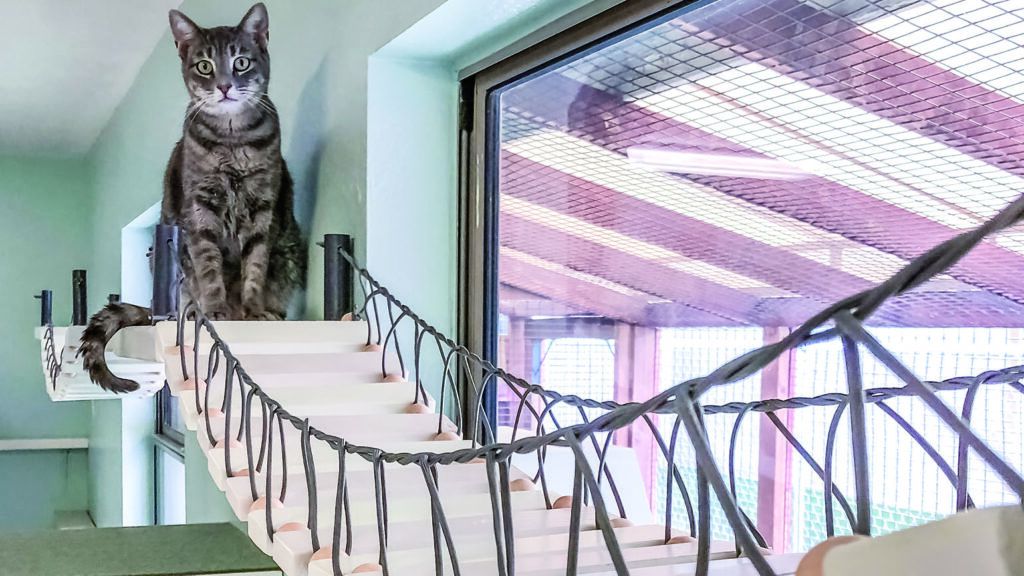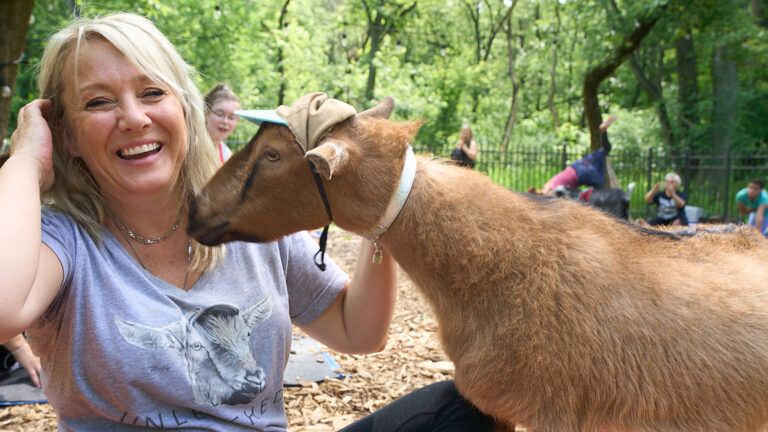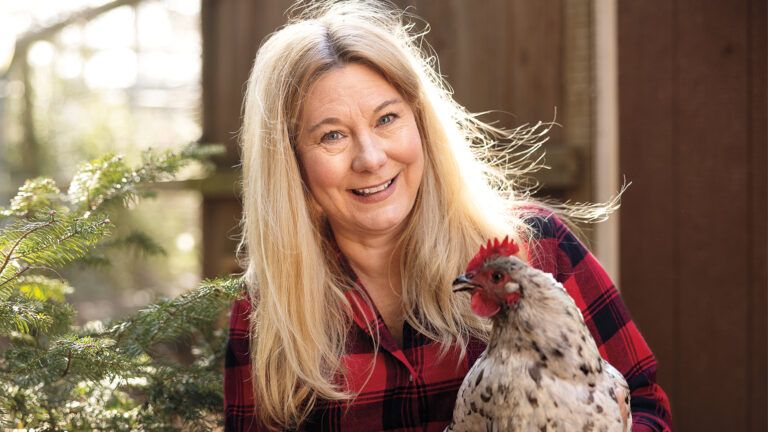For people who experience domestic violence, the bond with a pet can be a lifeline, bringing emotional support, companionship and even physical protection. So it’s no surprise that as many as 65 percent of domestic violence victims are unable to escape their abuser because they’re worried about their pet. Thanks to the Purple Leash Project—a partnership between the nonprofit RedRover and the pet food company Purina—fewer survivors will be faced with that impossible choice.
We talked to Nicole Forsyth, CEO and president of RedRover, and Noelle Coyne, director of shelter and housing services for Safe Voices, about how the Purple Leash Project is building safe spaces where abuse survivors and their pets can find refuge—and begin healing—together.
AC: How did the Purple Leash Project come about?
Nicole: At RedRover, we help people and animals in crisis. Early on, we recognized the importance of people and pets escaping domestic abuse together. We made this an area of focus, and Purina wanted to help, so the Purple Leash Project (PLP) was born. Purple represents domestic violence awareness, and the leash symbolizes the unbreakable bond we have with our pets. The project provides funding, labor and other assistance to help make domestic violence shelters pet-friendly across the United States.
PLP is an extension of RedRover’s Safe Housing program, which aims for 25 percent of U.S. domestic violence shelters to be pet-friendly by 2025. Since 2012, RedRover has awarded 125 grants totaling more than $1.2 million to such shelters across the country.
AC: In 2019, Safe Voices became Maine’s first pet-friendly domestic violence shelter. Why did you want to work with PLP?
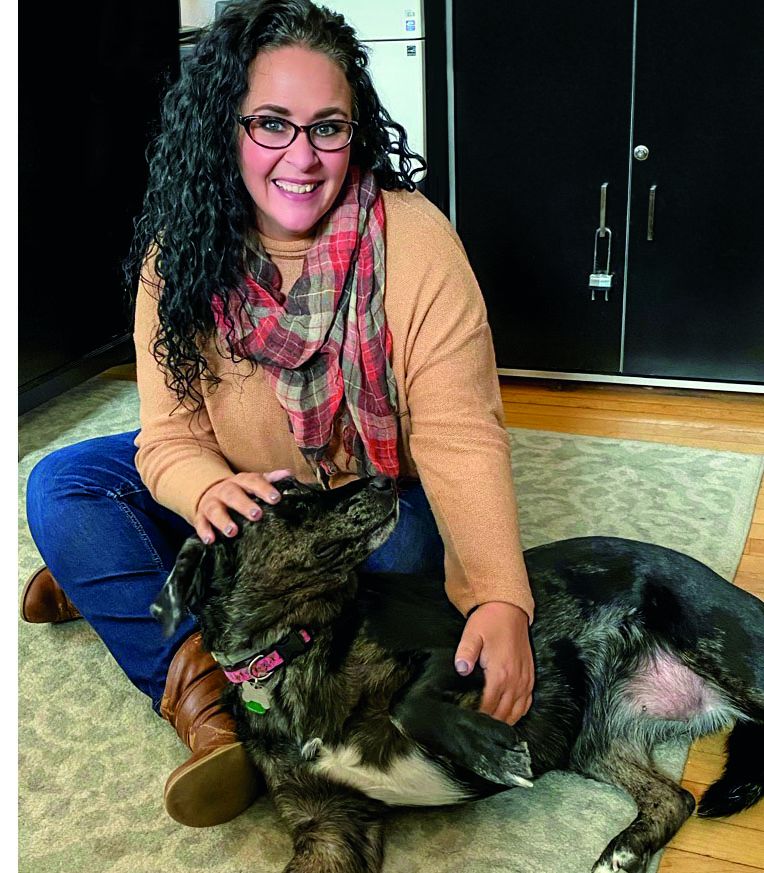
Noelle: Those fleeing domestic violence need an immediate and confidential place to go because there are people out there trying to hurt them. Abusers will go after whomever is vulnerable, including pets and children, in their efforts to manipulate, dominate and control. We are currently the only place in the state where a family can go to with their pet. PLP created a life-changing, and potentially lifesaving, experience for our residents.
AC: Tell us about the pet-friendly renovations at Safe Voices.
Noelle: Once a customized plan was in place, a nationwide team of volunteers from RedRover, Purina and GreaterGood.org got to work. Over a three-week period, pet-friendly flooring was installed in four of the shelter’s seven bedrooms, where pets stay with their owners. (The other three bedrooms are reserved for people who require or desire pet-free accommodations.)
Volunteers installed bamboo fencing around the yard so dogs can roam freely. They also added a dog-washing station and a clean-up station to make it easy for residents to pick up after their pets. Basement space was converted to kennels with doggie doors that provide direct access to a safe outdoor area. The dogs are taken to the kennels when their owners are working, at school or away for an extended period. From raised dog beds to cute bridges and canopies where cats can climb and nap, PLP made our shelter welcoming for pets, because leaving their home is traumatic for them too.
Nicole: RedRover begins the renovation process with a thorough on-site consultation. We spend a lot of time discussing and walking shelter staff through different scenarios.
PLP also donates pet food and supplies to grant recipients and offers guidance on policy changes if needed. In some cases, like Safe Voices, we work with the local Humane Society to ensure that all resident animals are up to date on vaccinations.
AC: How many U.S. shelters are pet-friendly?
Nicole: When PLP was launched in 2019, only about 10 percent of domestic violence shelters in the United States allowed pets. Thanks largely to PLP grants and volunteers, that number rose to 17 percent in 2020.
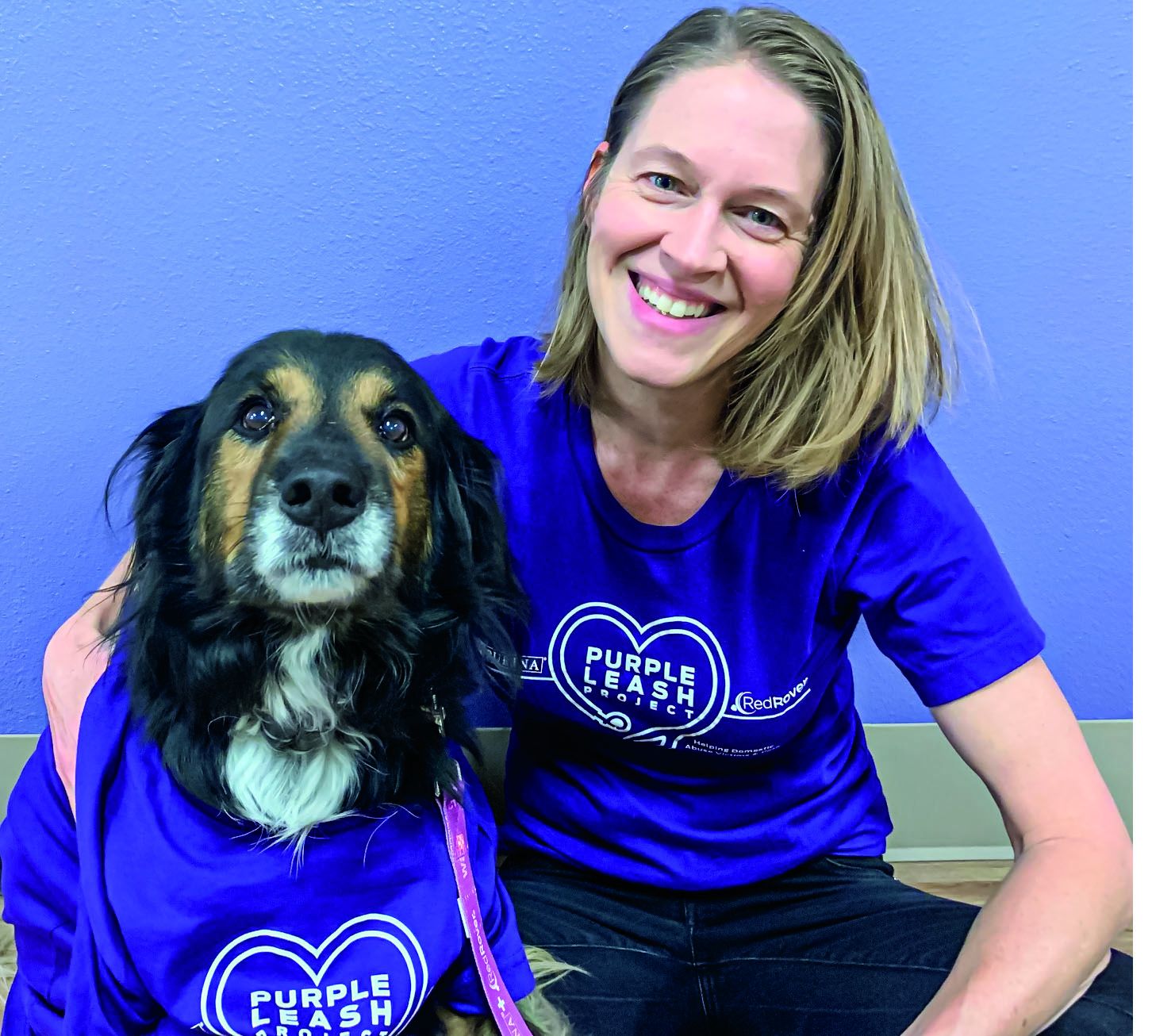
AC: What if a shelter can’t accommodate pets because of landlord or zoning restrictions?
Nicole: RedRover’s Safe Housing program provides funding to create a separate designated area at local animal shelters for temporary housing of pets belonging to domestic violence survivors.
There are times, too, when a victim suffers such severe anxiety or depression that she is unable to properly care for a pet. In these cases, RedRover’s Safe Escape program helps domestic violence survivors pay to temporarily board their pets.
AC: Tell us about RedRover’s larger mission to help animals in crisis.
Nicole: We’re kind of like the American Red Cross for animals. We go to areas affected by natural disasters and help rescue and shelter animals until they can be reunited with their owners. We have a network of more than 4,000 trained volunteers across North America who are prepared to respond to disasters at a moment’s notice. These same volunteers often provide free labor for pet-friendly shelter renovations. We also offer financial assistance to owners who can’t afford to pay a pet’s emergency medical expenses. There’s been a big need for this due to Covid.
AC: What are some of the survivors’ stories that stay with you?
Nicole: I remember hearing the story of a survivor who was so controlled by her abuser that she had lost perspective on her own worth. But one day as she was being attacked, she watched her two small dogs hiding under the bed shaking, and she could see her fear reflected in their eyes. That empowered her to leave.
Noelle: One survivor was able to escape with her two dogs, who had truly saved her life on more than one occasion. One of the dogs had been injured trying to protect her. She lived in her car for a solid month with these two large dogs until she discovered Safe Voices.
There was another survivor who initially arrived at Safe Voices without her dog while renovations were underway at the shelter. Those first few weeks, she was really struggling. But once she was able to bring her dog in, she opened up and started mingling. Today she gives back to other survivors. Things really changed when her dog was able to come to the shelter.
AC: What impact do you see in shelters that PLP has made pet-friendly?
Noelle: Over the years, we’ve sheltered folks with service animals or therapy animals and you could see the difference they make. Pets bring a comforting, calming presence—not just to their owners, but also to all the residents.
Nicole: The shelters tell us that residents are more open in therapy when pets are around, and the shelter feels more like home to kids. Pets help you believe that you are lovable.
Go to SafePlaceforPets.org to find a pet-friendly domestic violence shelter in your area.
Did you enjoy this story? Subscribe to All Creatures magazine.
